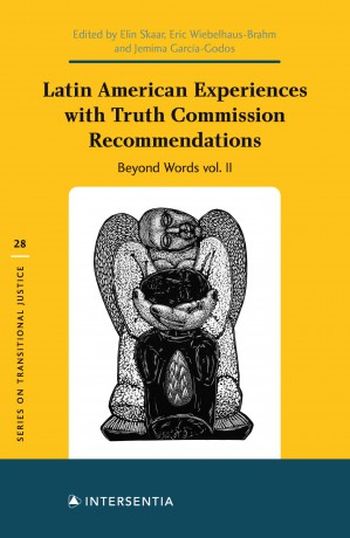
Truth commission recommendations are critical to their legacies, yet there is little research examining their fates. Based on fieldwork that is unprecedented in scope, this double volume project provides the first systematic study of the formulation and implementation of the recommendations of thirteen Latin American truth commissions.
Beyond Words Vol. I examines the variations in truth commission recommendations across 13 Latin American cases. Insights are provided regarding how the internal dynamics of truth commissions, as well as the political, social and economic context in which they operate, influence how recommendations are formulated. The authors then explore how the nature of these recommendations themselves, along with the aforementioned factors, influence which recommendations are actually implemented. The conclusion considers the findings' relevance for the crafting of future truth commission recommendations and reflects upon how the formulation and implementation of these recommendations shape the impact of truth commissions on societies emerging from periods of violence and repression.
Beyond Words Vol. II is a unique collection of 11 Latin American country studies covering all 13 formal truth commissions established in this region that submitted their final reports between 1985 and 2014. Based on qualitative original data and a common analytical framework, the main focus of each of the country chapters is threefold: (1) to provide a brief background to the truth commission(s); (2) to provide a detailed account of the formulation of the truth commission's recommendations; and (3) to analyze the implementation record of the recommendations, taking into account the actors and factors that have aided – or obstructed – the implementation process.